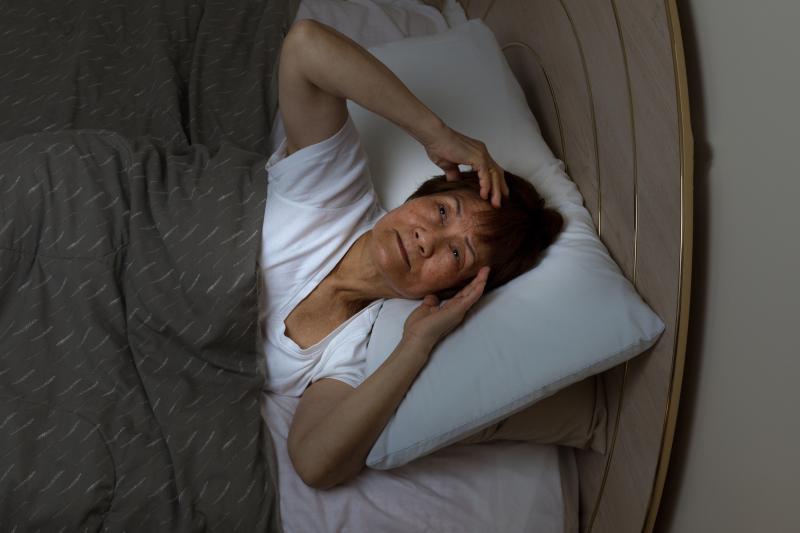
Patient apathy appears to be an important factor in determining the efficacy of interventions targeting cancer-related fatigue (CRF), reports a new study.
Researchers conducted a retrospective analysis of 213 cancer patients (mean age, 57.59±28.67 years; 64 percent female), in whom CRF was measured using the Brief Fatigue Inventory (BFI), while apathy was assessed using the Apathy Evaluation Scale (AES). Other symptoms included pain intensity, depression, anxiety, stress, and sleepiness.
Most of the patients (54 percent) reported starting to feel fatigue during treatment; according to physician assessments, only 13 percent of the patients had fatigue that was likely unrelated to cancer or treatment. Fatigue severity was 6.24±1.94 at the time of consult and dropped to 5.04±2.36 at follow-up.
Improvement in fatigue correlated significantly with improvements in apathy, depression, stress, pain, sleepiness, and anxiety (p<0.001 for all).
The most common type of treatment prescribed was psychostimulants and wakefulness agents, reported in 26 percent (n=56) of the participants. Linear models found that a psychostimulant-based regimen led to significant drops in fatigue.
Apathy also emerged as an important correlate. The use of psychostimulants led to a significant reduction in apathy (B, –3.15±1.25; p=0.012), but not in pain, sleepiness, anxiety, or other emotional symptoms.
Notably, researchers found that including apathy in the model for fatigue weakened the impact of psychostimulant use. This suggested that the beneficial effect of medication was at least in part mediated by a reduction in apathy. Patients with lower apathy were also more likely to initiate or increase physical activity following the consult (p=0.04).